You are viewing the "Nell Greenfieldboyce | NPR" Archives
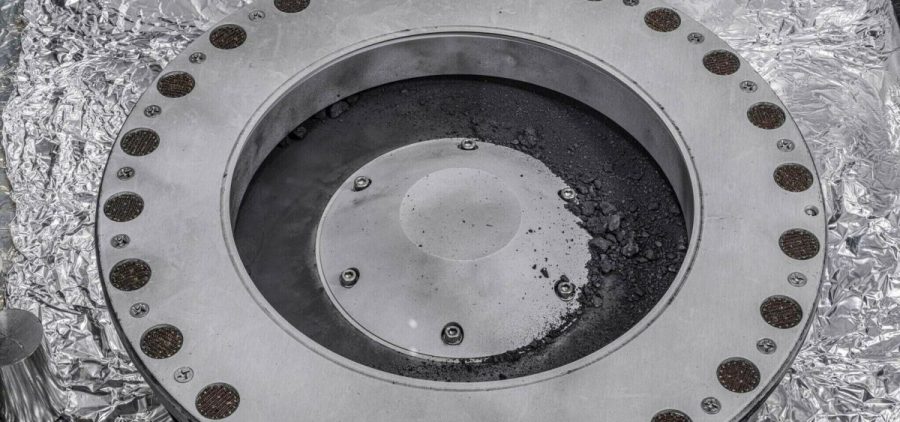
Take a peek at what NASA brought back from an asteroid
By: Nell Greenfieldboyce | NPR
Posted on:
WASHINGTON (NPR) — NASA has shared its first glimpse of the black rocks and dust brought back from an asteroid, but the bulk of the material remains locked inside a… Read More
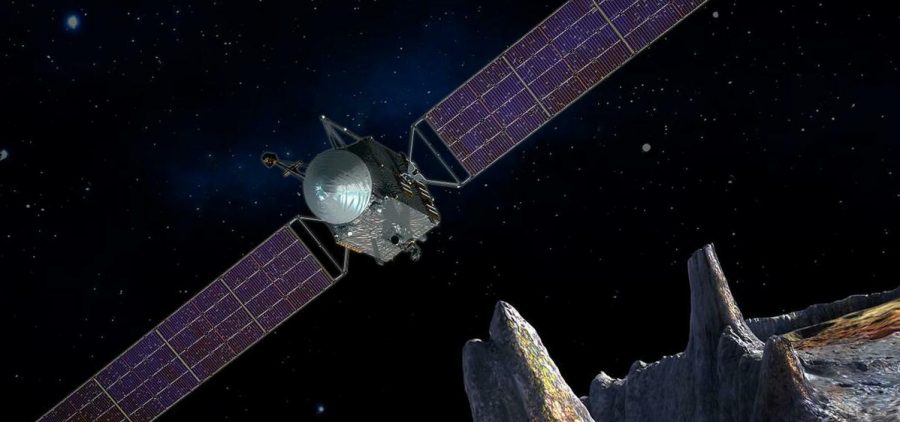
This next NASA mission to an asteroid is seriously metal
By: Nell Greenfieldboyce | NPR
Posted on:
WASHINGTON (NPR) — NASA is about to launch a spacecraft on a nearly six-year journey to a strange asteroid that, unlike most space rocks, seems largely to be made of… Read More
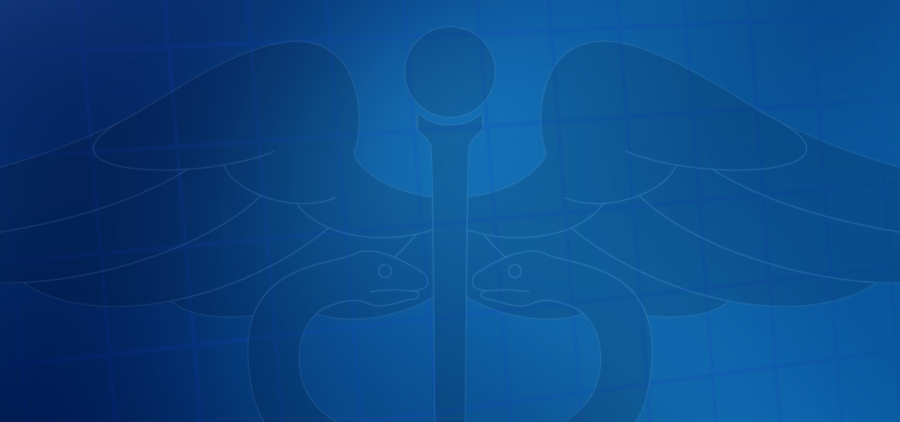
Cancer risk can lurk in our genes. So why don’t more people get tested?
By: Nell Greenfieldboyce | NPR
Posted on:
WASHINGTON (NPR) — A few years ago, Junius Nottingham Jr. was on a family vacation in Florida with his wife, his daughter and his son, Jeremy. Jeremy was 28 years… Read More
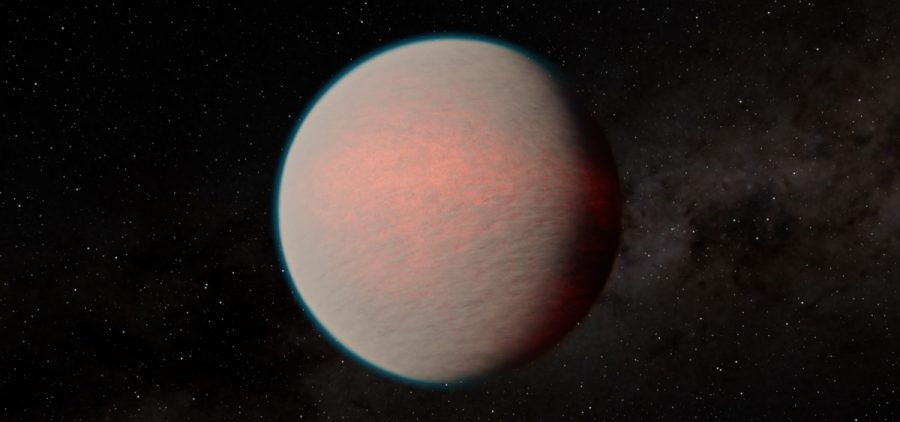
The James Webb Space Telescope reveals a mysterious planet to be weirdly shiny
By: Nell Greenfieldboyce | NPR
Posted on:
WASHINGTON (NPR) — An enigmatic, cloud-enshrouded planet that has puzzled astronomers for years turns out to be less hot than expected – and surprisingly shiny. That’s what the James Webb… Read More
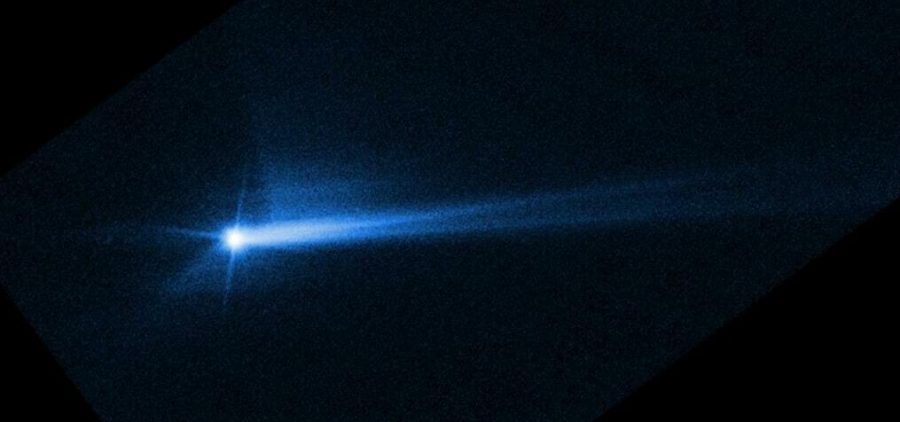
Astronomers still have their eyes on that asteroid NASA whacked
By: Nell Greenfieldboyce | NPR
Posted on:
Astronomers are still watching that asteroid that NASA whacked with a spacecraft back in September, in the first-ever test of whether an asteroid could be deliberately pushed off-course. Almost immediately… Read More
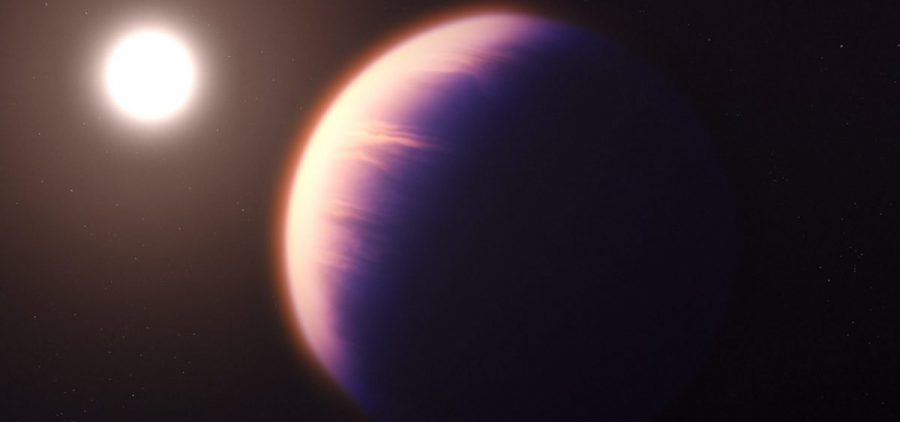
The James Webb telescope shows how starlight transforms a distant, Jupiter-like planet
By: Nell Greenfieldboyce | NPR
Posted on:
The James Webb Space Telescope has identified a rich mix of gases swirling in the skies of a hot, Jupiter-like world orbiting a star that’s around 700-light years from Earth…. Read More
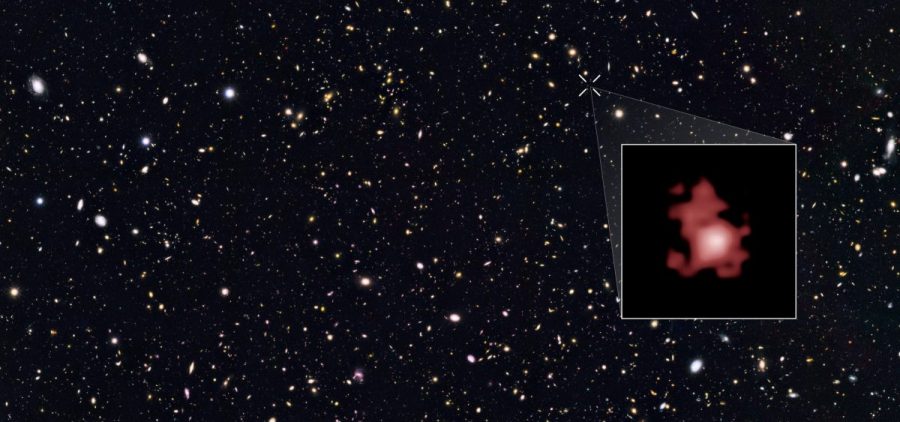
This new space telescope should show us what the universe looked like as a baby
By: Nell Greenfieldboyce | NPR
Posted on:
WASHINGTON, D.C. (NPR) — Imagine knowing nothing about your childhood, nothing about where you came from, and spending years hunting for the answers. Then someone hands you a just-discovered trove… Read More
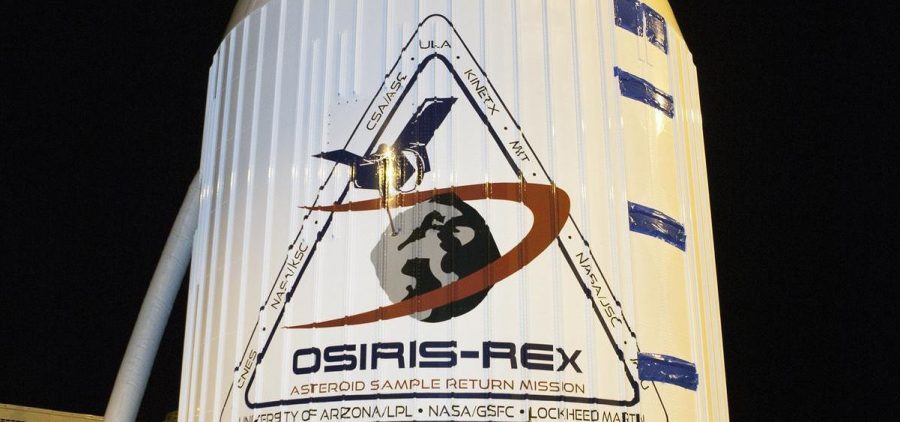
If This NASA Spacecraft Can Avoid ‘Mount Doom,’ It Might Nab A Bit of Asteroid
By: Nell Greenfieldboyce | NPR
Posted on:
NASA is getting ready to collect its first sample from an asteroid ever. The rocks and dust could help us understand potentially dangerous space rocks and the history of the solar system.
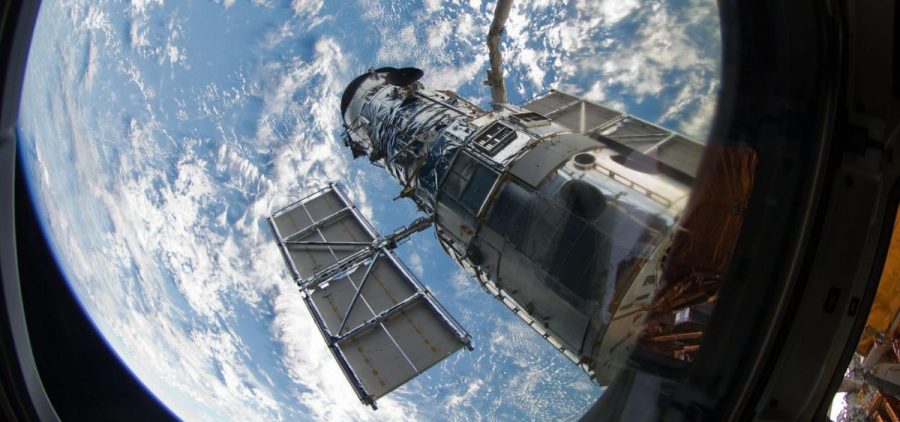
The Hubble Space Telescope Still Works Great — Except When It Doesn’t
By: Nell Greenfieldboyce | NPR
Posted on:
None of us is perfect, and sometimes the Hubble Space Telescope just flat-out points to the wrong spot in the sky. This has been happening more than ever in the last couple of years.
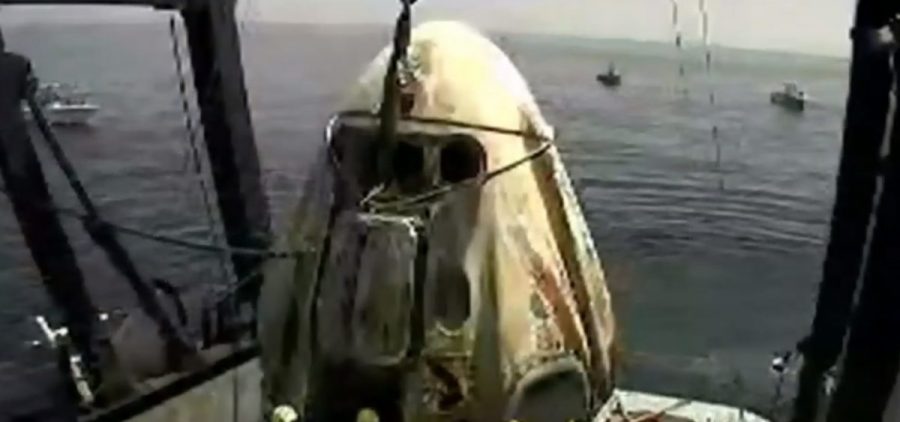
Splashdown! SpaceX And NASA Astronauts Make History
By: Nell Greenfieldboyce | NPR
Posted on:
NASA and SpaceX are welcoming home two astronauts who splashed down safely in the Gulf of Mexico after several months on the International Space Station.
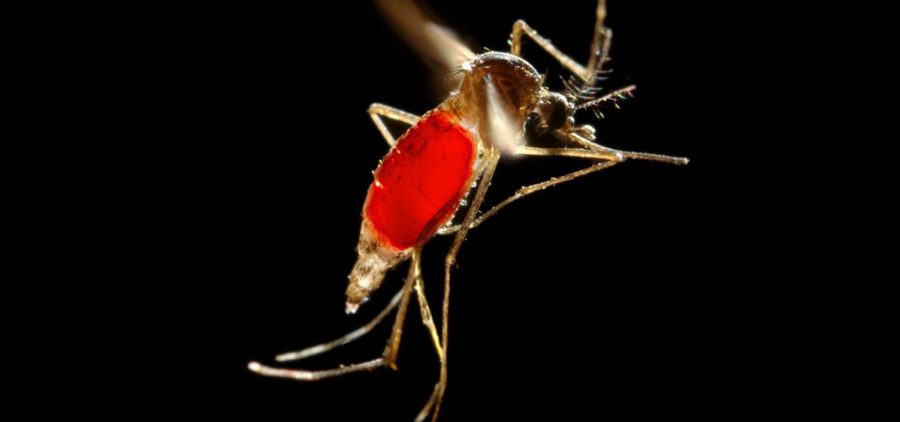
Why One Dangerous Mosquito Developed A Taste For Human Blood
By: Nell Greenfieldboyce | NPR
Posted on:
Given the choice between an animal and a human, the Aedes aegypti species prefers … us. A new study explains how that happened.
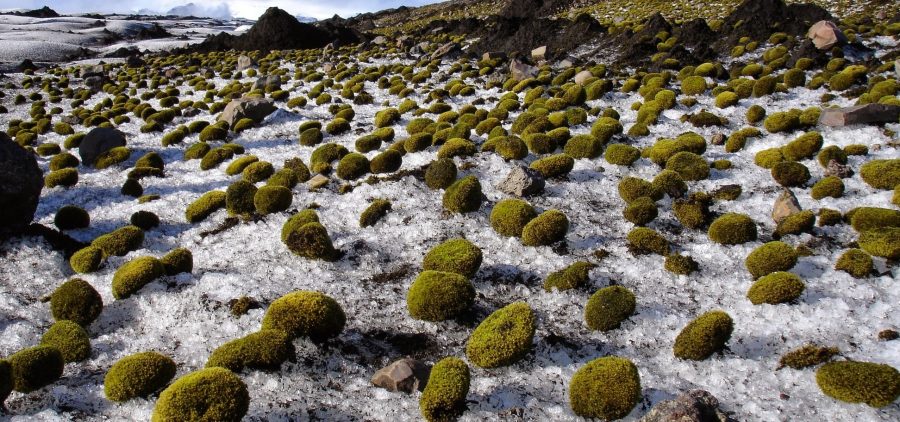
Herd Of Fuzzy Green ‘Glacier Mice’ Baffles Scientists
By: Nell Greenfieldboyce | NPR
Posted on:
Moss balls seem to roll around glaciers in a coordinated way, and researchers can’t explain why the whole group moves at about the same speed and in the same direction.
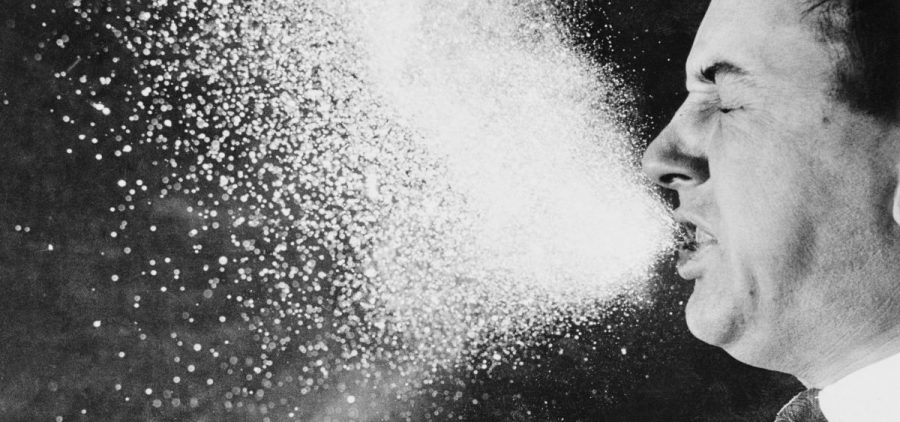
WHO Reviews ‘Available’ Evidence On Coronavirus Transmission Through Air
By: Nell Greenfieldboyce | NPR
Posted on:
A scientific brief from the World Health Organization says “current evidence” points to infectious respiratory droplets passed in “close contact” situations, but some say it’s too soon to be sure
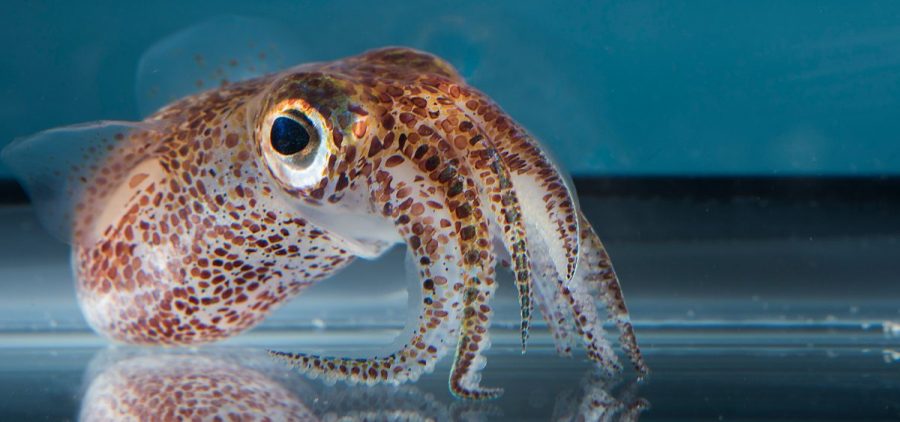
Why Octopuses Might Be The Next Lab Rats
By: Nell Greenfieldboyce | NPR
Posted on:
Move over, fruit flies, rats and zebrafish. Squid and octopuses have elaborate brains and behaviors, and scientists say studying them in the laboratory could yield important biological insights.
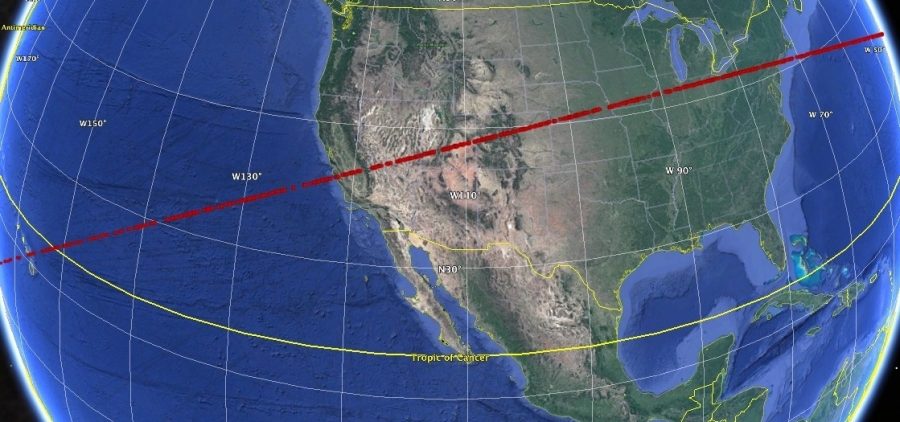
This Week, NASA Is Pretending An Asteroid Is On Its Way To Smack The Earth
By: Nell Greenfieldboyce | NPR
Posted on:
A fictitious asteroid is the focus of a realistic exercise, as experts at the Planetary Defense Conference run through how the Earth would respond to news of a looming asteroid strike.
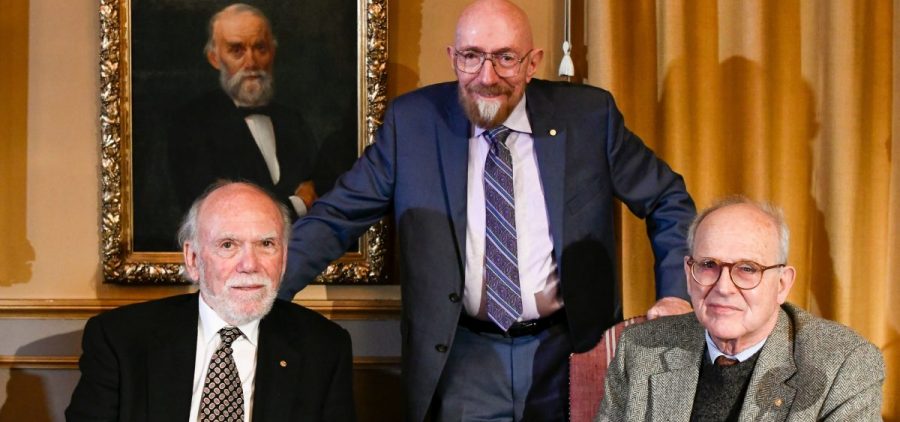
Massive U.S. Machines That Hunt For Ripples In Space-Time Just Got An Upgrade
By: Nell Greenfieldboyce | NPR
Posted on:
The twin sites in the Laser Interferometer Gravitational-Wave Observatory are about to go back online. New hardware should make them able to sense more colliding black holes and other cosmic events.
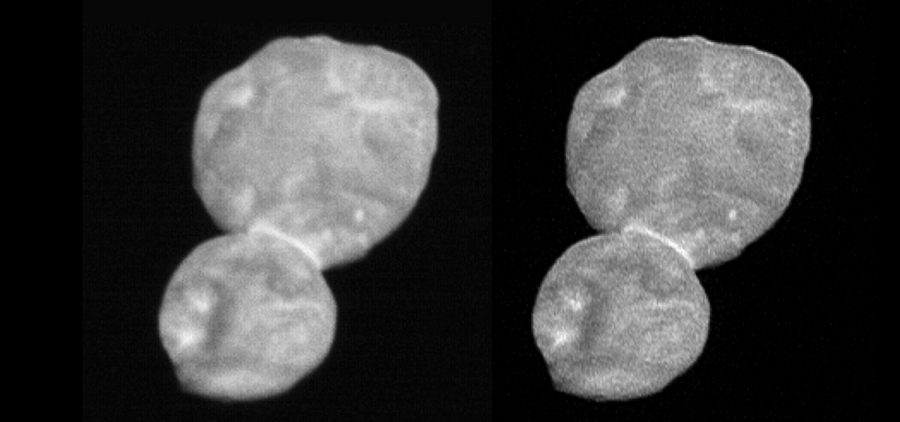
Images Reveal A ‘Snowman’ At The Frigid Outer Reaches Of Our Solar System
By: Nell Greenfieldboyce | NPR
Posted on:
Scientists say Ultima Thule, a newly explored world out beyond Pluto, is a relic from our solar system’s earliest days.
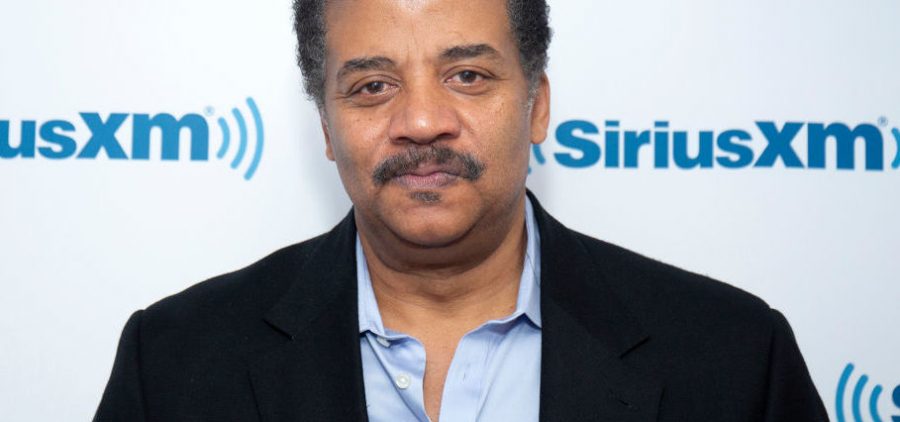
Neil DeGrasse Tyson Rejects Claims Of Sexual Misconduct
By: Nell Greenfieldboyce | NPR
Posted on:
Three women have accused the astrophysicist of inappropriate behavior. One says she quit her job on his TV show Cosmos because of it.
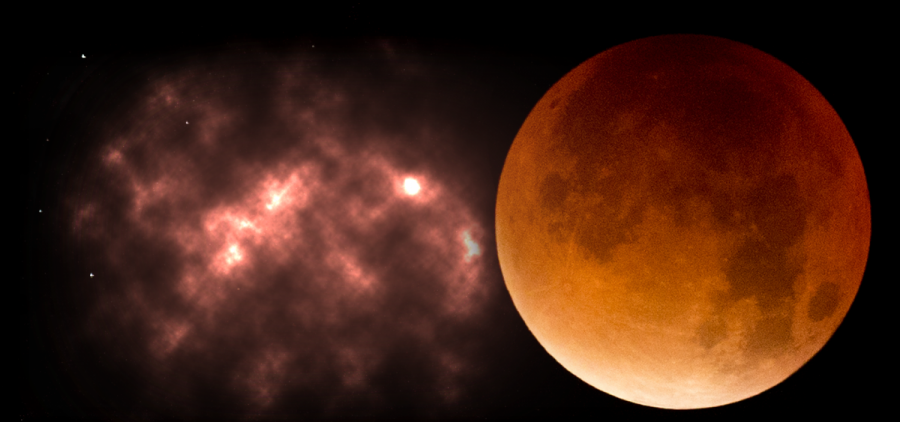
Scientists Find What Could Be A History-Making Moon
By: Nell Greenfieldboyce | NPR
Posted on:
Scientists have detected plenty of planets outside our solar system. Now, they say, they’ve found the first moon circling one of them.

What Makes A Leader?
By: Nell Greenfieldboyce | NPR
Posted on:
Leaders make decisions for a group in the same way they make choices for themselves, a study suggests. They don’t change their decision-making behavior, even when the welfare of others is at stake.
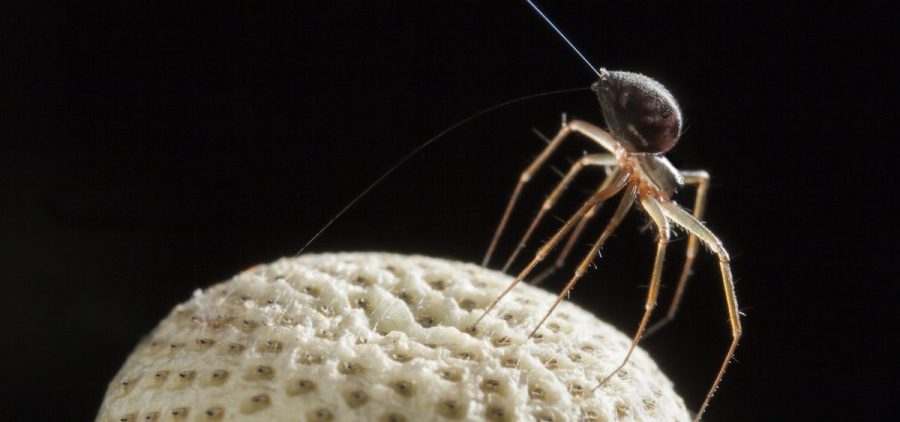
When Spiders Go Airborne, It’s Electric — Literally
By: Nell Greenfieldboyce | NPR
Posted on:
Many spiders ply the skies by riding “balloons” of silk. And they rely on something more than just the wind to take them high up and far away.

Credibility Concerns Lead NIH To End Study Of Alcohol’s Health Effects
By: Nell Greenfieldboyce | NPR
Posted on:
Scientists and National Institutes of Health officials met with alcohol company executives and appeared to solicit money from them in violation of government policy. The NIH canceled the study.
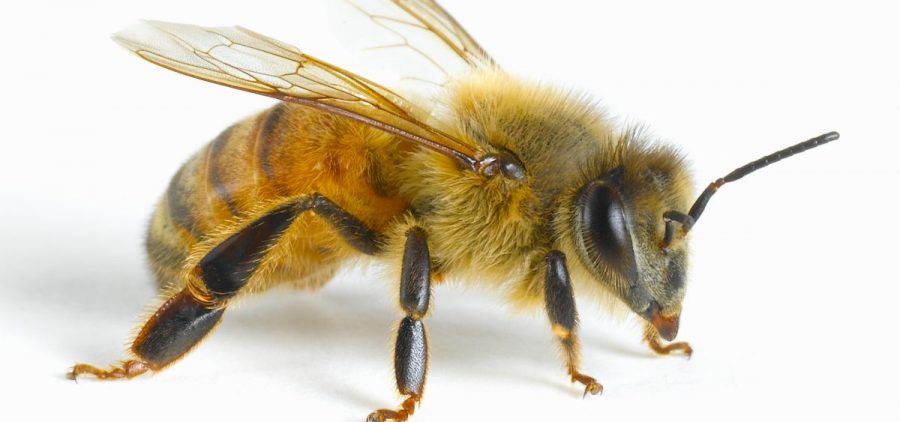
Math Bee: Honeybees Seem To Understand The Notion Of Zero
By: Nell Greenfieldboyce | NPR
Posted on:
Research shows that bees possess a mathematical ability once thought to exist only in dolphins, primates, birds and humans who are beyond the preschool years.
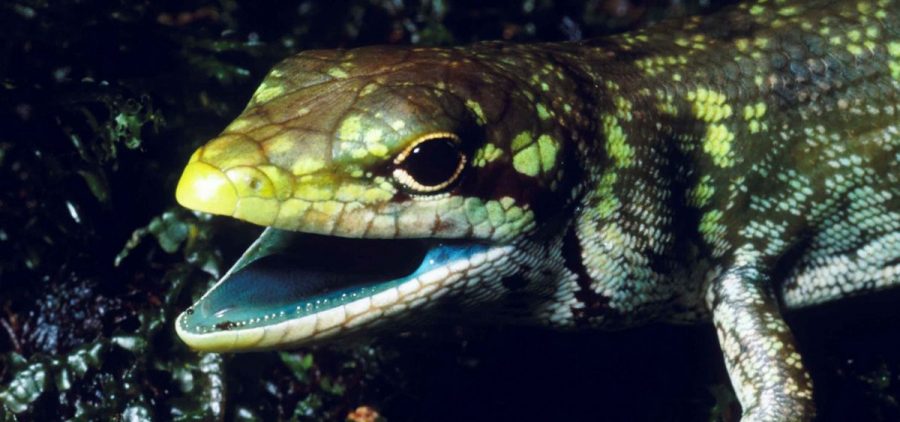
Why Do Some Lizards Have Green Blood?
By: Nell Greenfieldboyce | NPR
Posted on:
Scientists are trying to figure out how green-blooded lizards might benefit from the unusual pigment. The answer could provide new insights into human illnesses like jaundice and malaria.
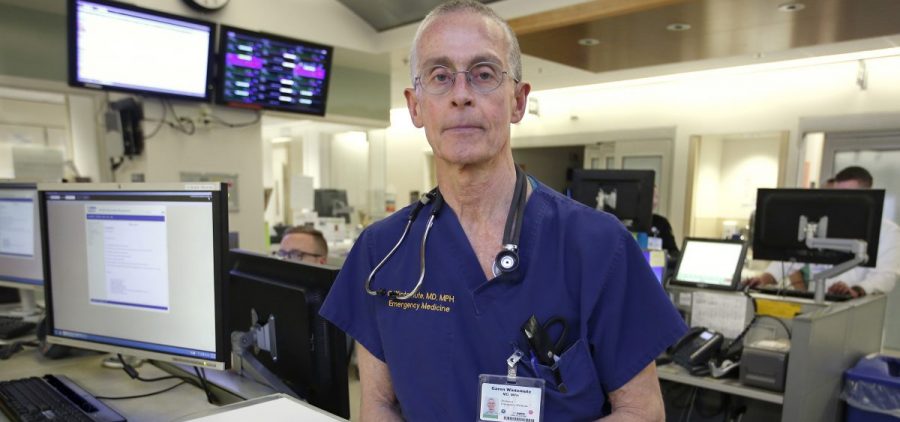
Proposed Budget Allows CDC To Study Gun Violence, Researchers Skeptical
By: Nell Greenfieldboyce | NPR
Posted on:
Congress passed an amendment in 1996 limiting the Centers for Disease Control’s ability to study gun control. That may change with the new budget, but gun violence researchers aren’t impressed.

